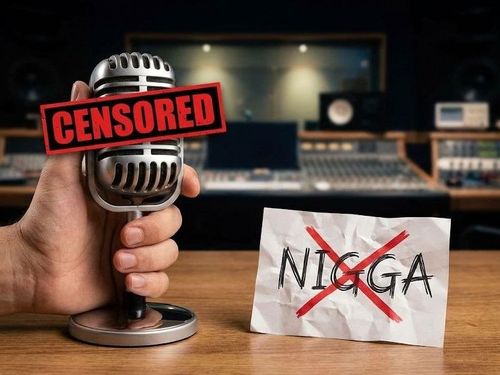As time goes on, many are asking if a ceasefire deal between Israel and Gaza is possible. But recent events have made the nearly year-old talks appear to be on the verge of a disaster. So what can be done to provide some long overdue relief? As for a ceasefire deal, will we ever see one?
Reviewing the Path to Peace
Hopes of a ceasefire rose in early May after the United States put forward its most detailed plan yet to ease Israeli-Hamas hostilities. The UN Security Council on June 10 reportedly approved a draft supported by all parties. But that hopeful move toward peace has largely weakened.
Indeed, negotiations have been underway since October 7—the day that Israel initiated its military offensive against Gaza following a Hamas-led assault. In May it looked as if an agreement might finally be close, given that the US claimed a draft proposal was approved by all parties. The UN Security Council also supposedly backed this on June 10.
Although Hamas first responded positively, Israel has done a more tricky work with the proposal. Israeli Prime Minister Benjamin Netanyahu dug in his heels and said the war must continue as long as necessary to bring Hamas to total defeat. This ultimately led to a deadlock in the talks, with each side accusing the other of being the primary obstacle to a ceasefire deal.
Netanyahu and His Demands
In recent weeks, the situation has been further complicated by Netanyahu's insistence on new conditions. One of his demands included having Israeli troops remain in the Philadelphi Corridor, a narrow stretch along Gaza's border with Egypt. But this demand has been met with strong resistance from both Hamas and Egypt, the latter which views the move as a violation of the Camp David Accords.
Mediators are growing increasingly frustrated by Netanyahu's demands. Senior Israeli officials reported that they think his policy is ruining the negotiations. Some of the officials even refused to pass on his requirements to Hamas.
The US administration, which has been actively involved in brokering a ceasefire deal, has also expressed frustration with Netanyahu's position. In a recent meeting with Netanyahu, US Secretary of State Antony Blinken reiterated that Israel had agreed to the American proposal and that it was Hamas that needed to commit. However, Hamas officials have rejected this narrative, arguing that Israel's shifting demands have made it impossible to agree.
A Ceasefire Hanging by a Thread
The likelihood of a ceasefire agreement remains very much in doubt as talks are set to resume in Cairo. Key regional players, including Egypt and Qatar, may be helping keep the talks alive, with US intervention also notable. But the distance between what Israel can demand and what Hamas might be willing to accept keeps growing.
In Gaza, in the meantime, things are going from bad to worse on a humanitarian level. The longer this conflict drags out, the more damage done to civilian populations.




